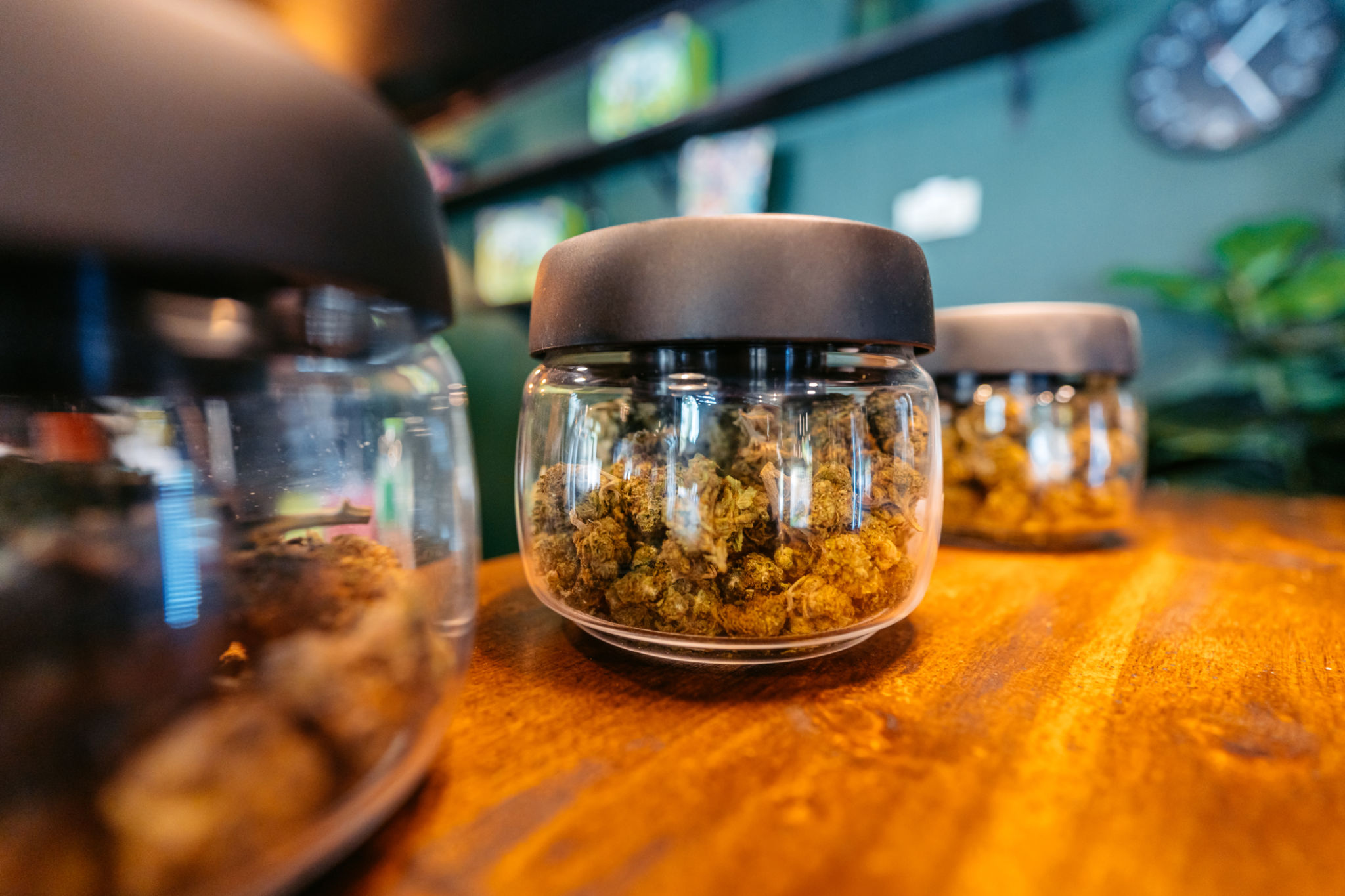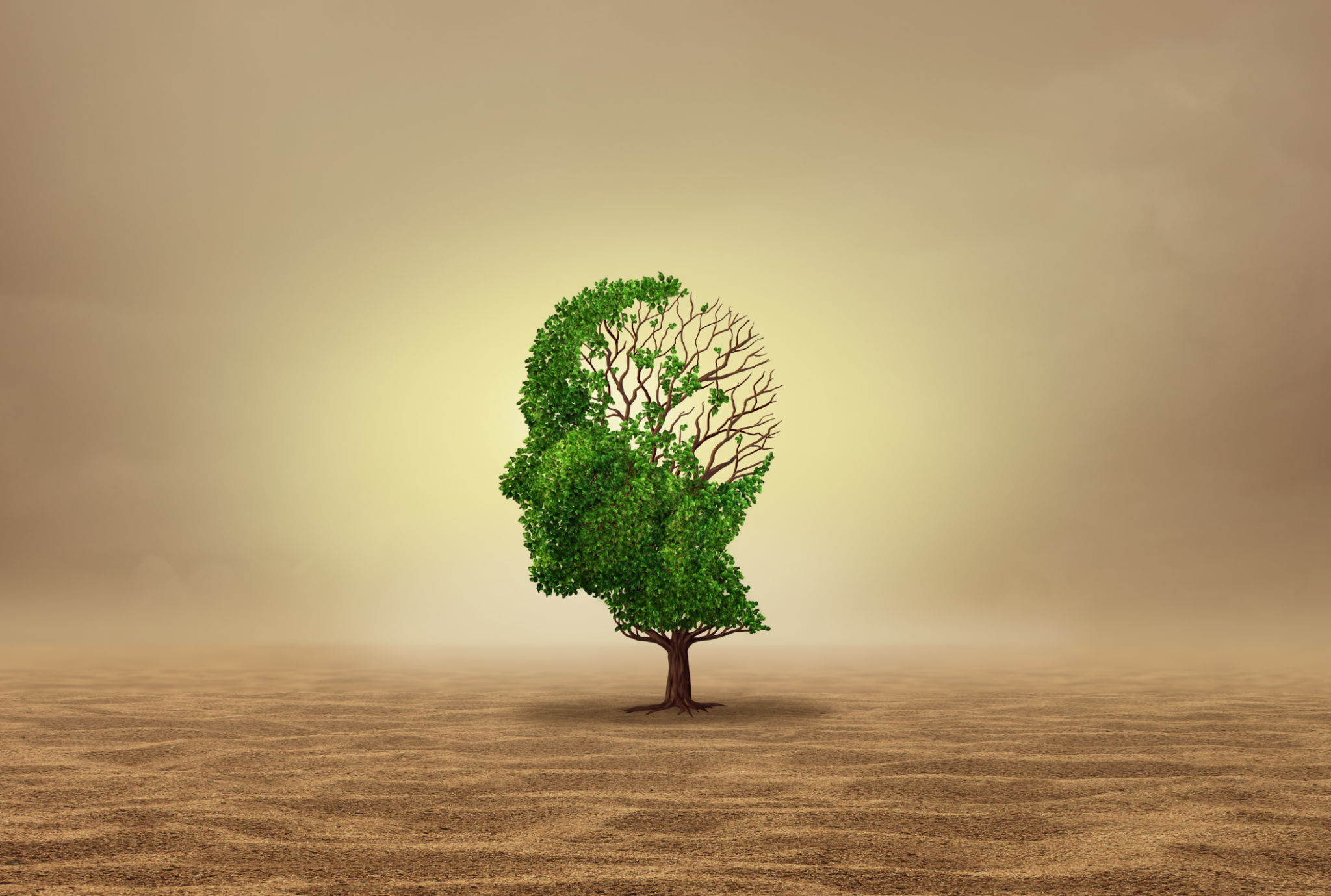Debunking Common Myths About THC and Its Effects
AL
Understanding THC: Breaking Down the Basics
THC, or tetrahydrocannabinol, is often the subject of much debate and misinformation. As the primary psychoactive component of cannabis, it has been both celebrated and vilified. However, it's crucial to separate fact from fiction to better understand its true effects and potential benefits. This post aims to debunk some of the most common myths surrounding THC.

Myth 1: THC Has No Medical Benefits
One of the most pervasive myths about THC is that it offers no medical benefits. In reality, THC has been shown to provide relief for a variety of conditions. It can help alleviate pain, reduce nausea especially in chemotherapy patients, and stimulate appetite in those with chronic illness. Furthermore, ongoing research continues to explore its potential therapeutic applications.
While THC is not a cure-all, its ability to interact with the body's endocannabinoid system makes it a valuable compound in the medical field. Many patients have reported significant improvements in their quality of life when using THC responsibly under medical supervision.
Myth 2: THC is Highly Addictive
Another common misconception is that THC is highly addictive. While it is true that some individuals can develop a psychological dependence on cannabis products, the risk of physical addiction is relatively low compared to substances like nicotine or opioids. According to studies, only about 9% of cannabis users develop a dependency, whereas alcohol has a dependency rate of 15%.

It's important to note that responsible use and moderation can significantly reduce the risk of developing a dependency on THC. Education about safe usage practices and personal awareness are key components in preventing abuse.
Myth 3: THC Kills Brain Cells
The idea that THC kills brain cells is rooted in outdated research and has since been debunked by more recent studies. In fact, some research suggests that THC may have neuroprotective properties. For example, a study published in the Journal of Neuroscience found that cannabinoids might protect brain cells and even promote neurogenesis in certain regions of the brain.
Though THC does alter brain function temporarily, there is no conclusive evidence to suggest it causes permanent damage to brain cells when used responsibly by adults. As with any substance, excessive use can lead to negative effects, but moderate consumption does not typically result in the destruction of brain cells.

Myth 4: All THC Products Are the Same
This myth ignores the vast diversity within cannabis products. THC can be consumed in many forms, including oils, edibles, tinctures, and vapes. Each method of consumption affects the body differently in terms of onset time and duration of effects. For instance, inhaling vapor or smoke delivers THC quickly into the bloodstream, while edibles take longer to digest and produce effects.
The varying ratios of THC to other cannabinoids like CBD also play a significant role in how a product impacts an individual. Understanding these differences helps consumers make informed choices based on their specific needs and preferences.
Conclusion: Emphasizing Education and Awareness
As we continue to explore the complexities surrounding THC, it's essential to approach this topic with an open mind and a critical eye. Debunking myths allows for a more informed discussion about its place in both recreational and medical contexts. By educating ourselves and others about the realities of THC, we can foster a more balanced and evidence-based understanding of its effects.

